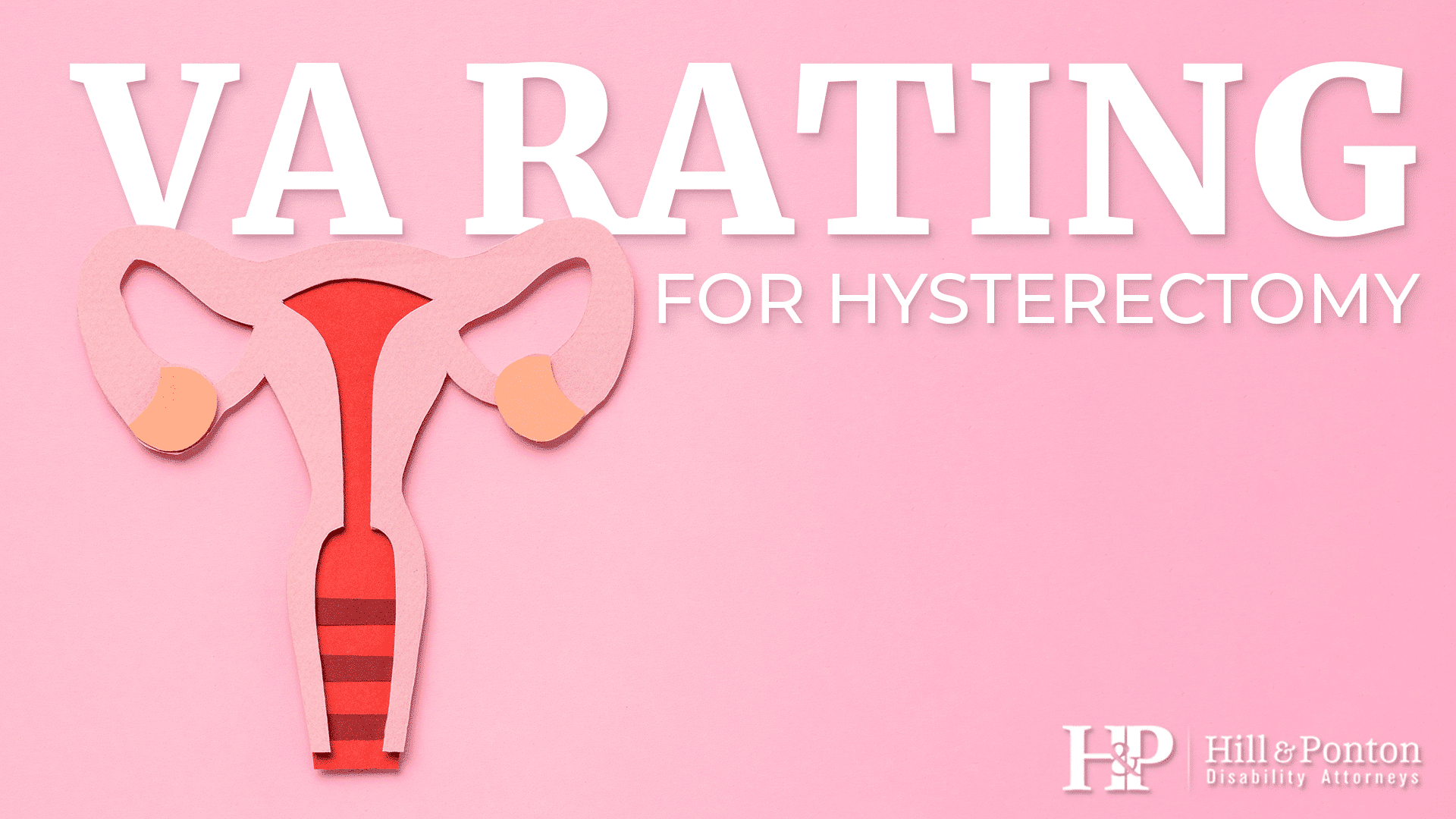Female Sexual Arousal Disorder (FSAD) is increasingly recognized as a significant health issue among female veterans. This condition encompasses various symptoms of sexual dysfunction, which can profoundly impact quality of life.
In 2018, the U.S. Department of Veterans Affairs updated its rating schedule to include FSAD, reflecting a commitment to acknowledging and addressing this condition equitably among veterans.
What Is Female Sexual Arousal Disorder?
FSAD may manifest as:
- Low Sexual Desire: A lack of interest in initiating or participating in sexual activity.
- Orgasmic Disorder: Difficulty achieving orgasm despite adequate sexual stimulation.
- Sexual Arousal Problems: Challenges with becoming or staying aroused during sexual activity.
- Sexual Pain Disorder: Experiencing pain during sexual contact or stimulation.
Risk Factors
There are a variety of risk factors to consider with FSAD including:
- Psychological conditions such as anxiety or depression.
- Physical health issues, including heart or blood vessel disease.
- Neurological conditions or adverse effects from certain medications.
- Past trauma, including military sexual trauma (MST).
Establishing Service Connection for FSAD
Veterans must show:
- A current medical diagnosis.
- An in-service event or aggravation of a pre-existing condition.
- A medical nexus linking FSAD to the in-service event.
FSAD Secondary to PTSD
FSAD can be a secondary effect of PTSD, especially when stemming from military sexual trauma. The VA recognizes that PTSD is frequently accompanied by sexual dysfunction, including decreased libido, arousal disorder, and relational difficulties.
If a veteran is already service-connected for PTSD, a claim for FSAD as secondary to PTSD may increase the overall disability rating and potentially qualify for SMC-K, which compensates for the loss of use of a creative organ, if medically documented.
VA Attorney Tips
Attorney Rachel Cheek explains how to service connect FSAD and what types of compensation are available to female veterans who suffer from this condition:
Don’t leave money on the table! Our VA disability lawyers are highly experienced in winning cases for veterans like you. Get a free evaluation of your case to see how we can help.
Free case evaluationVA Ratings and Compensation for FSAD
FSAD receives a 0% VA disability rating under diagnostic code 7632, unless there is physical damage to genital organs, or can be rated analogously or as a symptom of another condition (such as PTSD). If there is physical damage, veterans may be eligible for Special Monthly Compensation, depending on severity and impact on function.
Additionally, you may want to consider secondary conditions to help increase your VA disability rating. Read more below.
Secondary Conditions Related to FSAD
FSAD can lead to secondary conditions that may also be compensable. Some of the secondary conditions to consider include:
- Mental Health Disorders: Including depression and anxiety, particularly if FSAD stems from MST
- Chronic Pelvic Pain or Dyspareunia: Ongoing pain management issues
- Conditions Related to Hormonal Imbalances: PCOS, infertility, thyroid disorders and diabetes
Navigating the VA claims process for FSAD and related conditions can be difficult. If you’re struggling to establish a service connection or facing challenges with your claim, it’s essential to seek professional guidance. Our VA disability lawyers can handle your appeal or assist you in obtaining an increase in compensation.
Did the VA Deny Your Disability Claim?
Let our team review your case today!
Get a Free Case EvaluationCassandra Crosby, an Accredited Agent and claims advocate for Matthew Hill & Shelly Mark’s teams, reviewed the information provided in this post.



